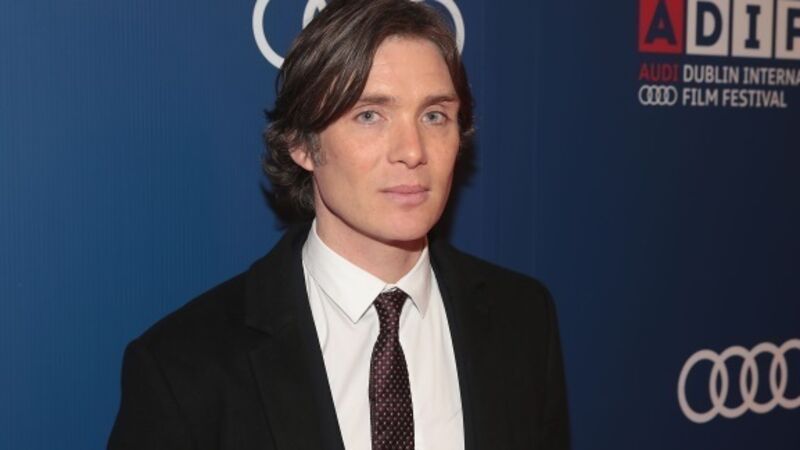Cillian Murphy had his eyes on the Free Fire target

He may be one of the most in-demand actors of his generation, but that doesn’t stop Cillian Murphy from pursuing the occasional collaborator whose movies he admires.
He did it as a young star with Neil Jordan, convincing the director he was the one to play a colourful trans woman named Kitten in Breakfast on Pluto.











